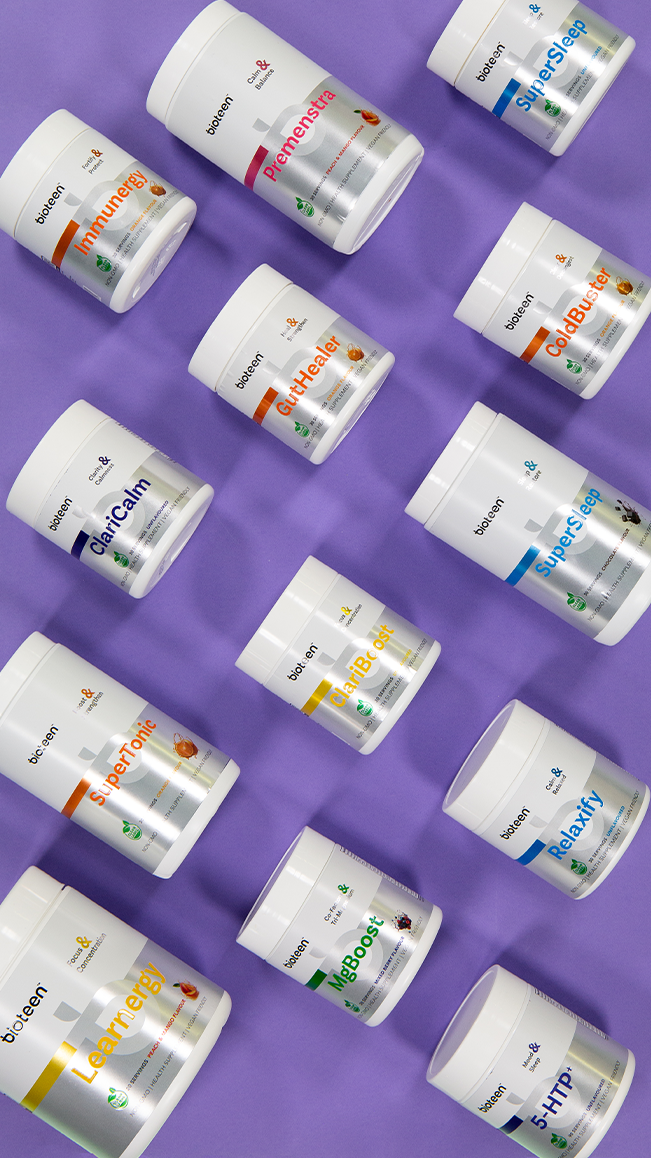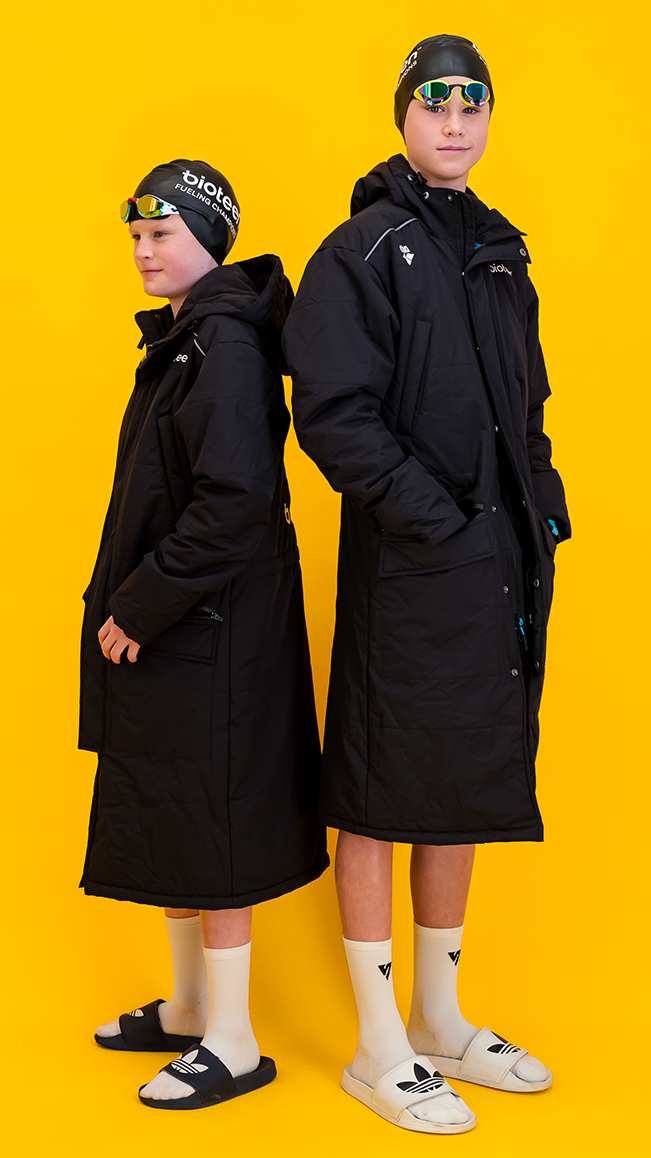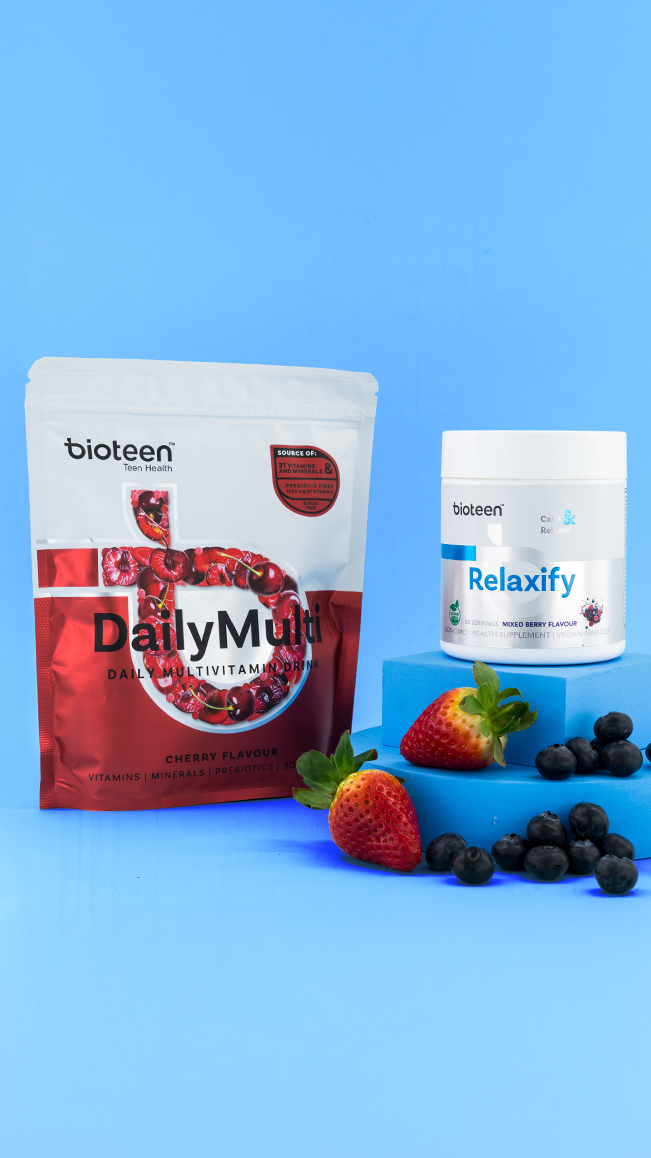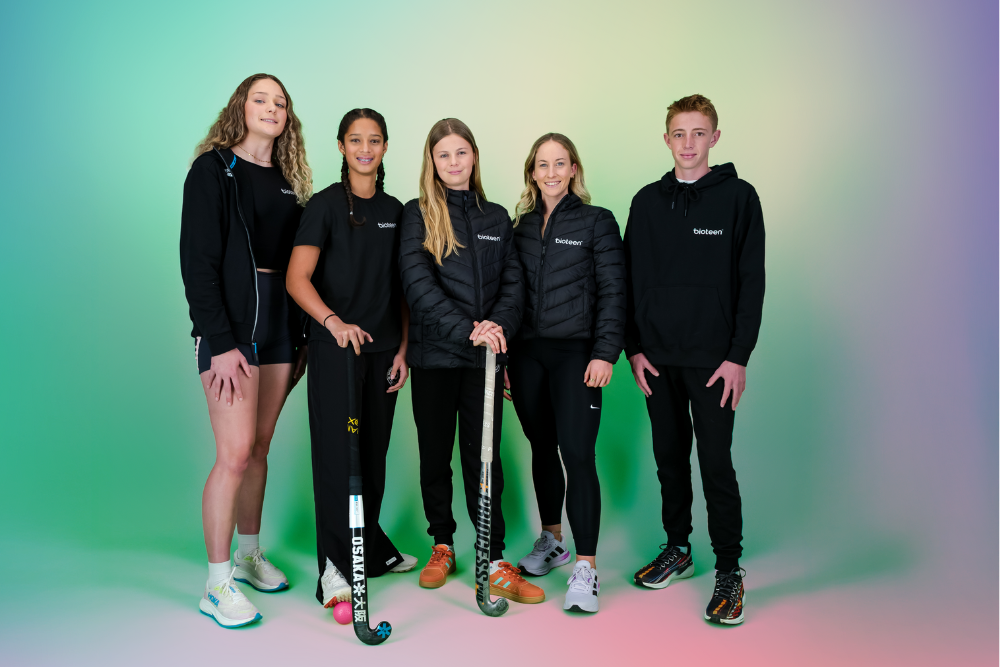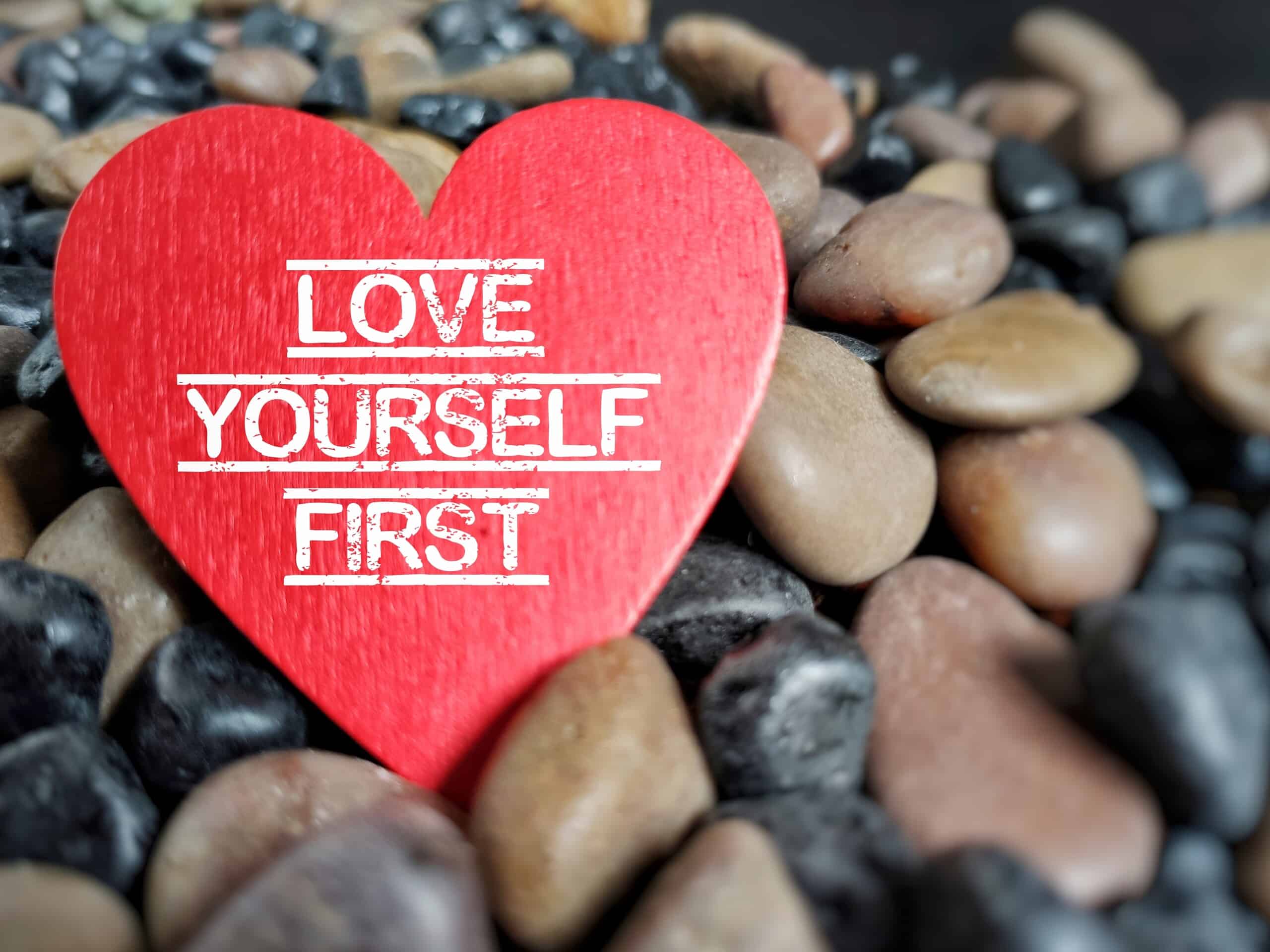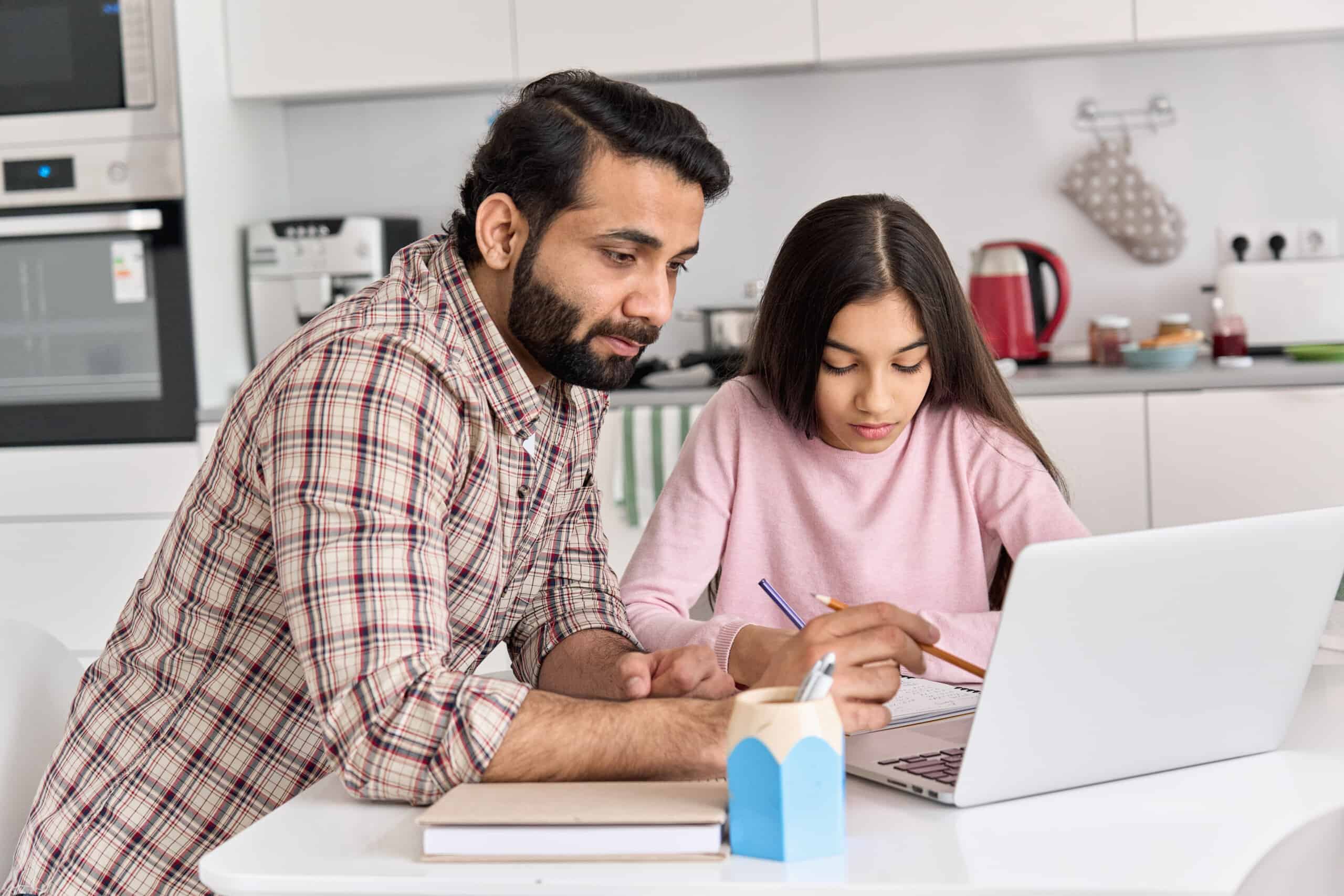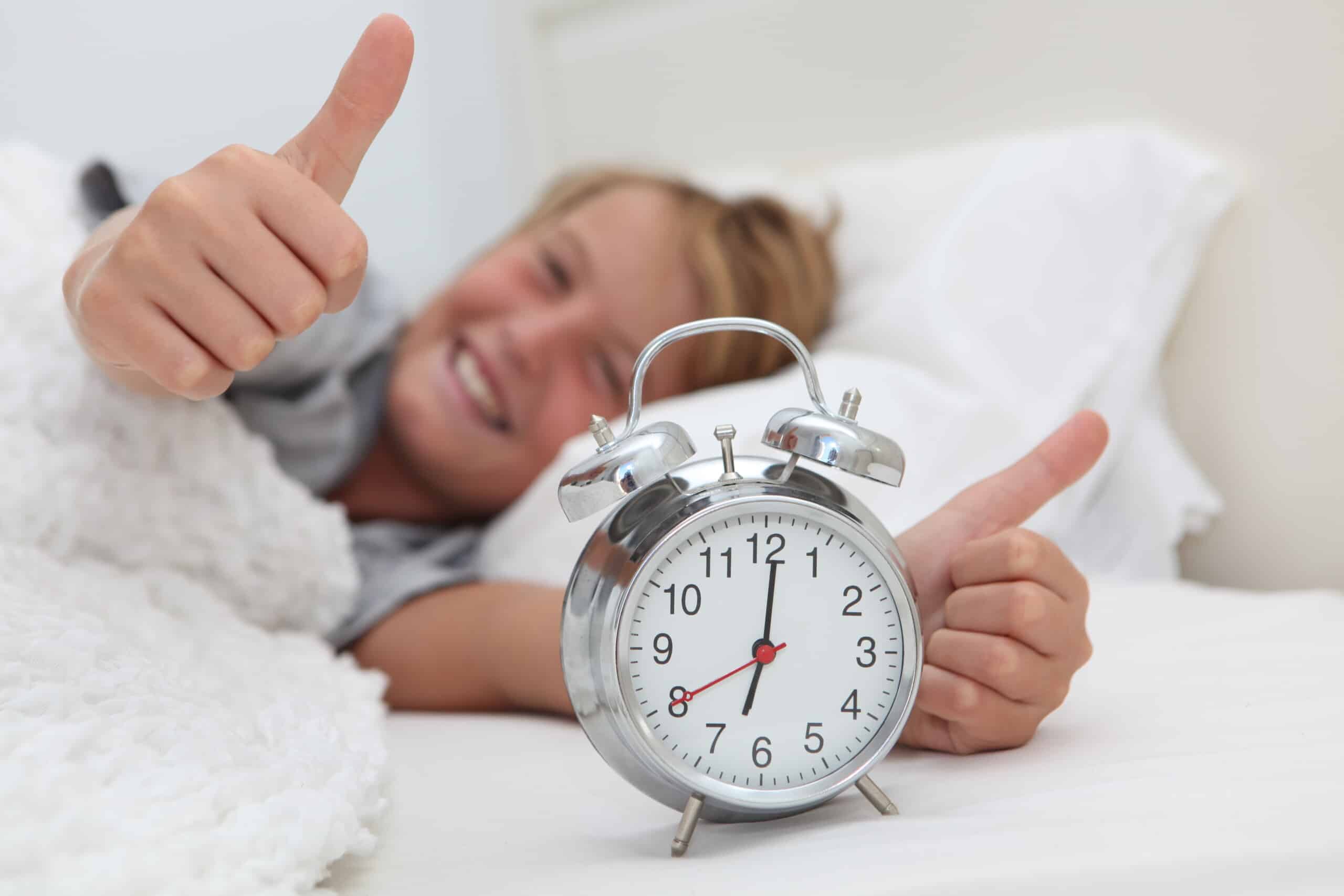
Help your Teen catch some Z’s: 7 Science-Backed Sleep Strategies For Your Teen’s Brain
Oh, blessed sleep.
An evolutionary masterpiece and mystery.
A vital source of rejuvenation and regeneration.
But it’s also an infamous source of conflict between many teens and their parents.
Here’s where the latest research becomes helpful.
Because it doesn’t matter what our opinions are, how strongly we feel about them, or what parenting styles we prefer, the science is clear: missing out on this healing helper has a string of unwanted and potentially devastating consequences. Particularly when it comes to teens, their brain development, ability to focus and mood.1
In this case, knowledge truly is power, especially when it comes to you setting some strong boundaries your teen may not be happy with but will undoubtedly benefit them and their development over time.
To learn more about why sleep is so important for your teen and what lack of sleep is doing to them, how nutrition and supplements support sleep, have a look at these articles:
And now, for 7 science-backed sleep strategies that’ll help your teen fall asleep quicker and have a great night’s rest.
This can be tricky if you have a teen who wants to stay out very late on weekends, “catch-up” on sleep or game into the early hours of the morning. But if they’re struggling to sleep well, wake up on time during the week, or complaining of grogginess it may have something to do with them having an irregular sleep schedule.
Research shows that helping your teen stick to a consistent sleep schedule helps keep the circadian rhythm in check and promotes better sleep quality.2 A common recommendation is to keep wake-up times on school days and weekends to within 2 hours of each other. And to make sure your teen is out of their bed within the first 30 minutes of waking. If they want to relax and have a slow morning, encourage them to do so in the lounge or outside.
If you’re concerned about "catch-up" sleep, it’s unlikely to make up for the full amount of sleep debt accrued over a week and it’s believed to not be as restorative as one would think. Research has shown that it can take up to four days to recover from one hour of lost sleep and up to nine days to completely eliminate sleep debt.3

If your teen struggles to “switch off” at bedtime, you can be certain their screen time has something to do with it. Even if they manage to fall asleep immediately, research shows the blue-light cellphones, tablets, laptops, TVs and artificial lights emit still impacts the release of melatonin, which affects their quality and length of sleep.4 This ultimately influences their mood, energy levels, focus and memory.
Some actionables include:
Here’s where the science makes it easier for you to lay down some solid boundaries if you feel it necessary, especially if your teen’s battling to fall asleep at night and waking up tired the next day. Knowing that screen time within an hour of bedtime is directly affecting your teen’s quality of life and brain development may make the dreaded backlash of implementing these new rules worth it in the long-run.
I’ve heard and read about many parents implementing this rule and all of them swear that the short-term blow out was more than worth the changes they saw in their teen for having done so. To add to that, every teen I’ve coached who’s struggled with using their devices well into the night has never successfully done this without parental intervention.

The world’s leading sleep expert, Matthew Walker, suggests switching as many lights off after sunset and for those that need to be on, dimming them down if possible. This becomes a behavioural trigger signalling to the brain that it’s time to start getting ready for sleep.5 But along with that, bright lights – especially bright overhead lights – disrupt the circadian rhythm and melatonin production by tricking the brain into thinking it’s still day time.
If light from the street or garden is leaking into your teen’s bedroom through their windows at night, it may be worth getting them blackout curtains as this too harms their sleep.
In place of watching series and movies or gaming right up until bedtime, help your teen to establish a relaxing bedtime routine that helps them wind down before bed. This might include taking a warm shower by candlelight, having a cup of caffeine-free tea, reading a book, doing a 10 minute relaxation technique such as non-sleep deep rest (NSDR), journaling, doing some light stretching with them or listening to calm music.
As with any new habit, the beginning is always difficult and if your teen is particularly attached to a routine that’s not doing anything for their sleep, expect them to not be happy with this. If this is done as a non-negotiable family bedtime ritual, they will eventually come to expect it. And more importantly, so will their brains.
Daily physical activity reduces stress levels, improves mood, boosts brain health and development and helps to tire the body, making it easier to fall asleep at night.6 Quick fun fact: did you know that exercise is 1.5 times more effective than medicine and without the unwanted side-effects? 7 With depression, it’s also shown to be more effective than counseling. 7 Many teens are aware of all the wonderful benefits of being more active but for those who are not in the habit struggle to actually add it to their routine by themselves.
This is where getting them a personal trainer or joining them in being active can help. If they’re opposed to going to the gym, here are a few ideas to inspire more movement (the trick is for it to be fun – there’ll be a greater likelihood of them wanting to do it again):

Teens and caffeine… Another hot topic!
Caffeine is a natural stimulant found in green and black tea, coffee, energy drinks, chocolate and pre-workouts or pumps. And its effects can last up to 10 hours after consuming it making it harder to fall asleep and to also stay asleep.
In fact, new research shows that even if we manage to fall asleep, caffeine still significantly interrupts the quality of sleep we get leaving us feeling tired the next day, which often encourages us to increase our caffeine intake to counter the tiredness.8 When it comes to energy levels, clarity of mind, ability to concentrate, this can become a vicious cycle that’s hard to break.
With that in mind, it wouldn’t be in your teen’s best interest to have caffeine any time after lunch time. And if your teen enjoys going to the gym in the evenings, make sure they’re not using a pre-workout or pump beforehand. These are packed with caffeine and are an often overlooked culprit of sleep issues (I’ve seen this firsthand with clients of mine who go to gym in the evenings). Each serving has between 150mg – 300mg of caffeine, which amounts to three cups of coffee.
Encourage your teen to have a cup of tea or breakfast outside in the sun first thing in the morning. Allowing morning sunlight into our eyes (without staring directly into the sun and without sunglasses) shortly after we wake up has a string of positive and mood enhancing benefits and has been shown to help with insomnia, premenstrual syndrome, and seasonal affective disorder (SAD).9
Neuroscientist Dr Andrew Huberman suggests viewing sunlight in both the morning and late afternoon for its full effect. On bright cloudless days: view morning and afternoon sun for 10 minutes; cloudy days: 20 minutes; very overcast days 30-60 minutes. And if you’re wondering, contact lenses and eye-glasses are shown to not have any negative impact.
Wrapping Up
Sleep is one of those things where a few well-informed habits can truly go a long way in terms of quality of life. Creating those habits in the beginning may be difficult and if you’re trying to instill them into your teen, expect a little (or maybe a lot!) of backlash.
But if the goal is to help their brains develop optimally, improve their academic performance, increase their happiness levels, lower stress, boost their resilience and help them avoid disease as they get older, the short-term backlash seems like an increasingly small price to pay.
References
An evolutionary masterpiece and mystery.
A vital source of rejuvenation and regeneration.
But it’s also an infamous source of conflict between many teens and their parents.
Here’s where the latest research becomes helpful.
Because it doesn’t matter what our opinions are, how strongly we feel about them, or what parenting styles we prefer, the science is clear: missing out on this healing helper has a string of unwanted and potentially devastating consequences. Particularly when it comes to teens, their brain development, ability to focus and mood.1
In this case, knowledge truly is power, especially when it comes to you setting some strong boundaries your teen may not be happy with but will undoubtedly benefit them and their development over time.
To learn more about why sleep is so important for your teen and what lack of sleep is doing to them, how nutrition and supplements support sleep, have a look at these articles:
- The importance of sleep support (Click to read article)
- Maintaining a healthy biological clock as a teen (click to read article)
- Nutrition and your teen's circadian rhythm (click to read article)
- How Does Nutrition Affect Sleep Duration and Quality (click to read article)
- 8 Nutrition Hacks to Improve Sleep (click to read article)
And now, for 7 science-backed sleep strategies that’ll help your teen fall asleep quicker and have a great night’s rest.
- Maintain a consistent sleep schedule
This can be tricky if you have a teen who wants to stay out very late on weekends, “catch-up” on sleep or game into the early hours of the morning. But if they’re struggling to sleep well, wake up on time during the week, or complaining of grogginess it may have something to do with them having an irregular sleep schedule.
Research shows that helping your teen stick to a consistent sleep schedule helps keep the circadian rhythm in check and promotes better sleep quality.2 A common recommendation is to keep wake-up times on school days and weekends to within 2 hours of each other. And to make sure your teen is out of their bed within the first 30 minutes of waking. If they want to relax and have a slow morning, encourage them to do so in the lounge or outside.
If you’re concerned about "catch-up" sleep, it’s unlikely to make up for the full amount of sleep debt accrued over a week and it’s believed to not be as restorative as one would think. Research has shown that it can take up to four days to recover from one hour of lost sleep and up to nine days to completely eliminate sleep debt.3

- Say good night to electronics
If your teen struggles to “switch off” at bedtime, you can be certain their screen time has something to do with it. Even if they manage to fall asleep immediately, research shows the blue-light cellphones, tablets, laptops, TVs and artificial lights emit still impacts the release of melatonin, which affects their quality and length of sleep.4 This ultimately influences their mood, energy levels, focus and memory.
Some actionables include:
- Switching off the TV and putting away all digital devices 1hr before bed.
- Leaving phones, laptops and tablets outside of the bedroom whilst sleeping (even using a phone to see the time at night has an alarming effect on sleep quality).
- Removing TVs from the bedroom if they stay up gaming or watching series.
Here’s where the science makes it easier for you to lay down some solid boundaries if you feel it necessary, especially if your teen’s battling to fall asleep at night and waking up tired the next day. Knowing that screen time within an hour of bedtime is directly affecting your teen’s quality of life and brain development may make the dreaded backlash of implementing these new rules worth it in the long-run.
I’ve heard and read about many parents implementing this rule and all of them swear that the short-term blow out was more than worth the changes they saw in their teen for having done so. To add to that, every teen I’ve coached who’s struggled with using their devices well into the night has never successfully done this without parental intervention.

- Get enough darkness at night
The world’s leading sleep expert, Matthew Walker, suggests switching as many lights off after sunset and for those that need to be on, dimming them down if possible. This becomes a behavioural trigger signalling to the brain that it’s time to start getting ready for sleep.5 But along with that, bright lights – especially bright overhead lights – disrupt the circadian rhythm and melatonin production by tricking the brain into thinking it’s still day time.
If light from the street or garden is leaking into your teen’s bedroom through their windows at night, it may be worth getting them blackout curtains as this too harms their sleep.
- Create a relaxing bedtime routine
In place of watching series and movies or gaming right up until bedtime, help your teen to establish a relaxing bedtime routine that helps them wind down before bed. This might include taking a warm shower by candlelight, having a cup of caffeine-free tea, reading a book, doing a 10 minute relaxation technique such as non-sleep deep rest (NSDR), journaling, doing some light stretching with them or listening to calm music.
As with any new habit, the beginning is always difficult and if your teen is particularly attached to a routine that’s not doing anything for their sleep, expect them to not be happy with this. If this is done as a non-negotiable family bedtime ritual, they will eventually come to expect it. And more importantly, so will their brains.
- Encourage physical activity during the day
Daily physical activity reduces stress levels, improves mood, boosts brain health and development and helps to tire the body, making it easier to fall asleep at night.6 Quick fun fact: did you know that exercise is 1.5 times more effective than medicine and without the unwanted side-effects? 7 With depression, it’s also shown to be more effective than counseling. 7 Many teens are aware of all the wonderful benefits of being more active but for those who are not in the habit struggle to actually add it to their routine by themselves.
This is where getting them a personal trainer or joining them in being active can help. If they’re opposed to going to the gym, here are a few ideas to inspire more movement (the trick is for it to be fun – there’ll be a greater likelihood of them wanting to do it again):
- Get them to make a 10 minute playlist of their favourite feel-good songs and allow them to lock themselves in their room and dance their hearts out at least three times a week.
- Go for a daily walk with them for 30 minutes or more. Doing this only three times a week has the same mood-enhancing effect as traditional antidepressant medications.10
- Play beach bats with them in the garden.
- Go for surfing lessons with them on weekends.
- Is there a sport or activity they love that the school doesn’t offer? Is there a way to help them do that with a club more often?
- Take them to a climbing gym and see if it’s something they enjoy.
- Go for a hike or a long walk in the mountains, along the beach or in one of the local green spaces.
- If you go to the beach with them bring beach bats, a ball to throw or kick or even a frisbee.

- Limit caffeine intake or avoid it altogether (watch out for pre-workouts)
Teens and caffeine… Another hot topic!
Caffeine is a natural stimulant found in green and black tea, coffee, energy drinks, chocolate and pre-workouts or pumps. And its effects can last up to 10 hours after consuming it making it harder to fall asleep and to also stay asleep.
In fact, new research shows that even if we manage to fall asleep, caffeine still significantly interrupts the quality of sleep we get leaving us feeling tired the next day, which often encourages us to increase our caffeine intake to counter the tiredness.8 When it comes to energy levels, clarity of mind, ability to concentrate, this can become a vicious cycle that’s hard to break.
With that in mind, it wouldn’t be in your teen’s best interest to have caffeine any time after lunch time. And if your teen enjoys going to the gym in the evenings, make sure they’re not using a pre-workout or pump beforehand. These are packed with caffeine and are an often overlooked culprit of sleep issues (I’ve seen this firsthand with clients of mine who go to gym in the evenings). Each serving has between 150mg – 300mg of caffeine, which amounts to three cups of coffee.
- View sunlight by going outside within 30-60 minutes of waking
Encourage your teen to have a cup of tea or breakfast outside in the sun first thing in the morning. Allowing morning sunlight into our eyes (without staring directly into the sun and without sunglasses) shortly after we wake up has a string of positive and mood enhancing benefits and has been shown to help with insomnia, premenstrual syndrome, and seasonal affective disorder (SAD).9
Neuroscientist Dr Andrew Huberman suggests viewing sunlight in both the morning and late afternoon for its full effect. On bright cloudless days: view morning and afternoon sun for 10 minutes; cloudy days: 20 minutes; very overcast days 30-60 minutes. And if you’re wondering, contact lenses and eye-glasses are shown to not have any negative impact.
Wrapping Up
Sleep is one of those things where a few well-informed habits can truly go a long way in terms of quality of life. Creating those habits in the beginning may be difficult and if you’re trying to instill them into your teen, expect a little (or maybe a lot!) of backlash.
But if the goal is to help their brains develop optimally, improve their academic performance, increase their happiness levels, lower stress, boost their resilience and help them avoid disease as they get older, the short-term backlash seems like an increasingly small price to pay.
References
- Carpenter, S. (2001) Sleep deprivation may be undermining teen healthSiri, Monitor on Psychology. American Psychological Association. Available at: https://www.apa.org/monitor/oct01/sleepteen
- Okoye, A. (2022) Sleeping schedule, The Sleep Doctor. Available at: https://thesleepdoctor.com/sleep-hygiene/sleeping-schedule/ (Accessed: March 21, 2023).
- Ochab JK, Szwed J, Oleś K, Bereś A, Chialvo DR, Domagalik A, et al. (2021) Observing changes in human functioning during induced sleep deficiency and recovery periods. PLoS ONE 16(9): e0255771. https://doi.org/10.1371/journal.pone.0255771
- Harvard Health (2020) Blue Light has a dark side, Harvard Health. Available at: https://www.health.harvard.edu/staying-healthy/blue-light-has-a-dark-side
- The World’s No.1 Sleep Expert: The 6 Sleep Hacks You NEED! - Matthew Walker | E228 (2023) YouTube. YouTube. Available at: https://www.youtube.com/watch?v=Us8n8VBQn_c&ab_channel=TheDiaryOfACEO
- Banno M, Harada Y, Taniguchi M, Tobita R, Tsujimoto H, Tsujimoto Y, Kataoka Y, Noda A. Exercise can improve sleep quality: a systematic review and meta-analysis. PeerJ. 2018 Jul 11;6:e5172. doi: 10.7717/peerj.5172. PMID: 30018855; PMCID: PMC6045928.
- Singh, B., Maher, C. and Brinsley, J. (2023) Exercise is even more effective than counselling or medication for depressionBen , Neuroscience News. Available at: https://neurosciencenews.com/exercise-depression-medicine-22762/ (Accessed: March 22, 2023).
- Drake C, Roehrs T, Shambroom J, Roth T. Caffeine effects on sleep taken 0, 3, or 6 hours before going to bed. J Clin Sleep Med. 2013 Nov 15;9(11):1195-200. doi: 10.5664/jcsm.3170. PMID: 24235903; PMCID: PMC3805807.
- Mead MN. Benefits of sunlight: a bright spot for human health. Environ Health Perspect. 2008 Apr;116(4):A160-7. doi: 10.1289/ehp.116-a160. Erratum in: Environ Health Perspect. 2008 May;116(5):A197. PMID: 18414615; PMCID: PMC2290997.
- Duke University. (1999, October 27). Exercise May Be Just As Effective As Medication For Treating Major Depression. ScienceDaily. www.sciencedaily.com/releases/1999/10/991027071931.htm


